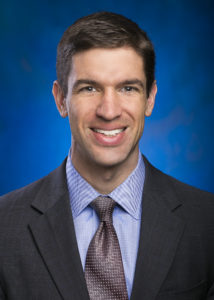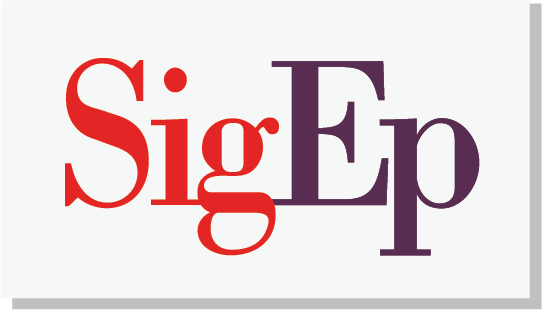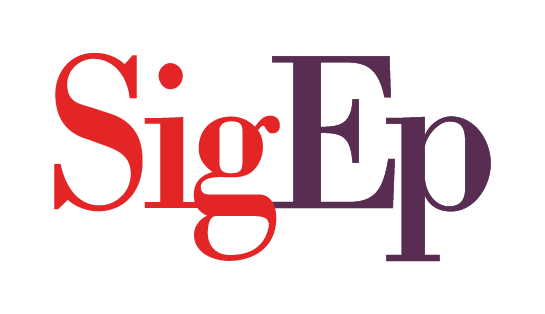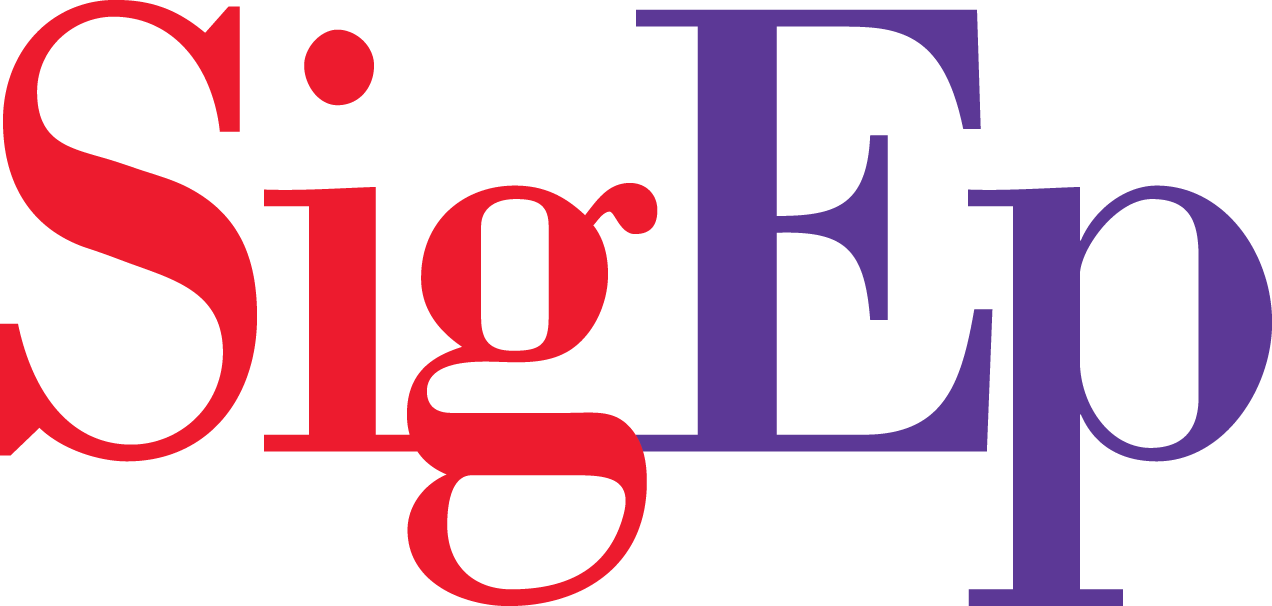As co-head and managing director of investment banking firm Miller Buckfire, Matt Rodrigue, Maine ’04, has led numerous complex corporate and municipal restructuring projects. Thanks to his experience restructuring companies like General Growth Properties and Caesars Entertainment, in addition to the leadership skills he developed as a SigEp chapter officer, Rodrigue was ready for the challenge when he was called on to play a key role in addressing the Puerto Rican financial crisis.
For years, the Commonwealth of Puerto Rico’s economy teetered on the brink of financial collapse due to a declining population, heavy borrowing by the government and other factors. By 2014, the government of Puerto Rico had accumulated a massive $123 billion debt — primarily money owed to pensioners and those who had invested in government-backed bonds.
 Rodrigue and his colleagues were hired by what became the largest organized creditor group to assist in restructuring this enormous public debt. He spent years shuttling between Puerto Rico and New York City for intense negotiations with a wide range of parties. Ultimately, he helped negotiate an agreement in 2019 that recovered $13 billion for his clients and other creditors who were owed $17.6 billion. A U.S. federal judge approved the agreement, which enables Puerto Rico to repay the creditors using sales-tax-backed bonds.
Rodrigue and his colleagues were hired by what became the largest organized creditor group to assist in restructuring this enormous public debt. He spent years shuttling between Puerto Rico and New York City for intense negotiations with a wide range of parties. Ultimately, he helped negotiate an agreement in 2019 that recovered $13 billion for his clients and other creditors who were owed $17.6 billion. A U.S. federal judge approved the agreement, which enables Puerto Rico to repay the creditors using sales-tax-backed bonds.
“Working in financial restructuring is very demanding and requires the right personality, interest and curiosity. However, the learning opportunities are enormous,” Rodrigue observed.
“Every good deal falls apart several times before it comes together. In fact, on the morning the final deal came together, there was a moment I thought our group might fall apart and three years of effort would be lost! Fortunately, that did not happen,” said Rodrigue.
The agreement saw a greater return to creditors than what some initially expected, while at the same time setting important guidelines for Puerto Rico’s economy to recover. Rodrigue and his team earned high praise from clients, government officials and financial analysts for their work and perseverance.
If an agreement had not been reached, it’s possible creditors and the commonwealth would have spent additional years in costly litigation or that it would have taken the oversight board appointed to steer Puerto Rico’s recovery months, or even years, to draft a plan of adjustment that would be approved by creditors.
“It was a long process, particularly with the impact of Hurricane Maria in 2017,” Rodrigue said. “But the effort was worth it, and I feel that Puerto Rico is going to do well in the coming decade.”
Rodrigue credits Sigma Phi Epsilon with helping him develop skills that launched him on the path to professional success.
“Joining SigEp was the one of best decisions I ever made,” he said. “It was my first time really leading a group, and I made many mistakes and got a lot of real-time feedback.” Rodrigue served in a number of leadership roles, including as chapter president and a student member of the National Board of Directors.
“Our chapter also wanted an alcohol-free and hazing-free fraternity experience, which was a radical idea at the time. The entire experience has proven invaluable.”
Rodrigue has remained connected to SigEp and his alma mater since graduating. He serves on his home chapter’s alumni and volunteer corporation, as well as on the University of Maine’s Board of Visitors. “I try to remain a ‘balanced man’ as much as possible, while also giving back as much as I can,” Rodrigue stated.









Leave a Reply